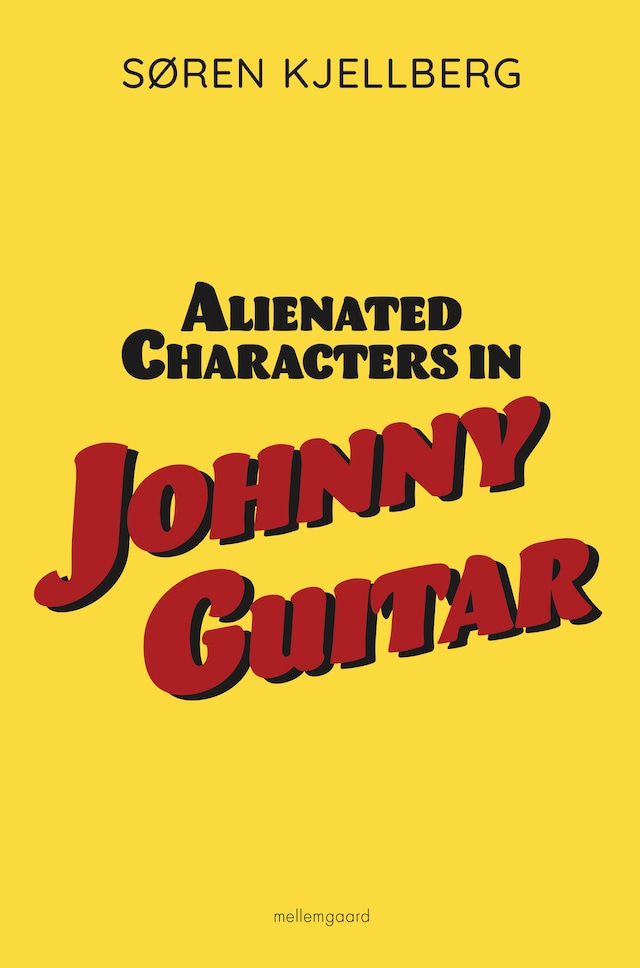
Alienated Characters in Johnny Guitar
Opis książki
It was the Italian director Bernardo Bertolucci who called Nicholas Ray’s 1954 Republic production Johnny Guitar a baroque western. Up to that point in 1954, the western film had always been a very conservative genre, with its own stylistic and narrative conventions. But Ray subverted all that with his off-beat characterization, where gender roles were reversed, and the principal leads were mirrored off each other or served as extensions of each other’s personas.
However, Johnny Guitar did not give birth to a subgenre. It was too bizarre, too poetic, and too loaded with symbolism to remain anything other than an anomaly. This modest little film, which was generally misunderstood upon its release, has grown in reputation ever since, and is now widely considered to be one of the greatest westerns ever made.
It is also Nicholas Ray’s first color film. He makes full use of the blazing Trucolor process in his color coding, and thereby creates a dreamy, hallucinatory effect, which together with his syncopated editing and his expressionist mise-en-scène, helps lift the film to another level.
The purpose of the book, Alienated Characters in Johnny Guitar, is to give the reader a nuts-and-bolts breakdown of Nicholas Ray’s directorial style and his use of mise-en-scène. All too often that element is glossed over in film criticism, which takes a far more literal and narrative approach.
 Søren Kjellberg
Søren Kjellberg 114 Strony
114 Strony